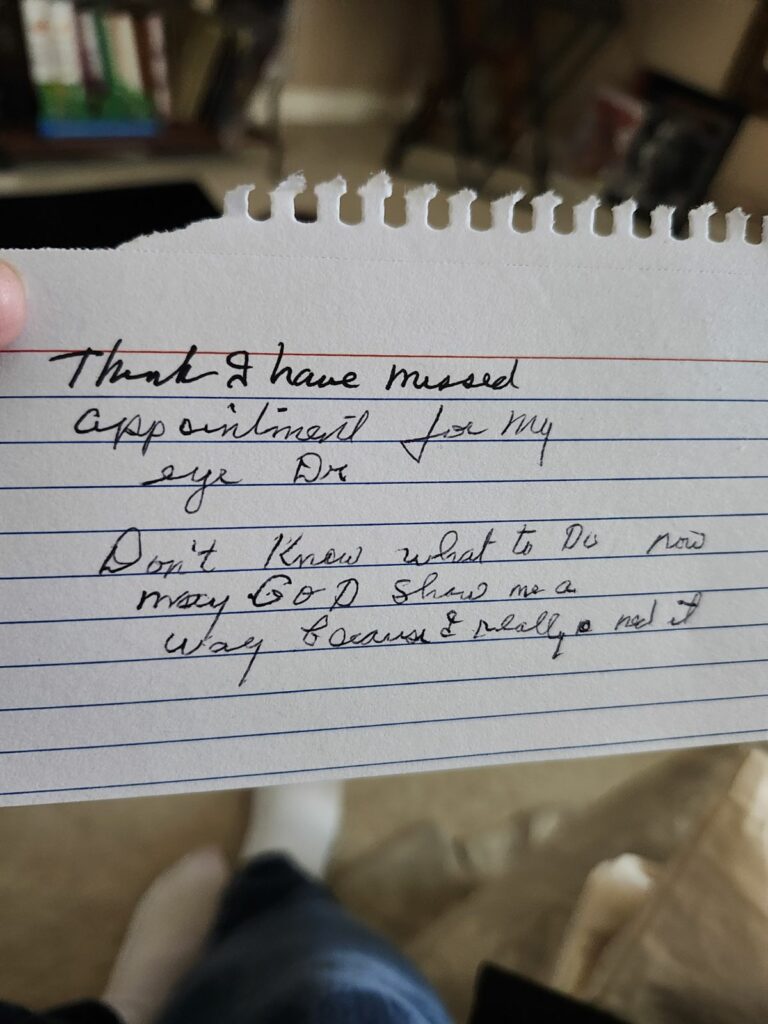So, today, I had a Christmas Story moment.
At a bookstore close to where I work was an author event. Damon Young, author of What Doesn’t Kill You Makes You Blacker, was in conversation with Kiese Laymon, author of Heavy and a number of other books, to promote Young’s latest book, an anthology of Black American humor, called That’s How They Get Ya.
The event was delightful; there was a reading, there were jokes, there was introspection. While waiting for the event to start, I read the introduction and a few more pages, and I had to try not to laugh out loud in the store. It was funny, it was poignant, it elicited a response I hoped my work would.
After the reading and Q&A, there was a line to get the books signed. I got in line to get my book signed by Damon, and , well, I’m not proud. I had a total Christmas Story moment. Minus the shooting your eye out, of course.
Basically, what I wanted to ask was tangentially related to how I work. He name-checked a lot of people who contributed to the anthology, willingly praising them as the best of their genres. “Who would I want to do short stories? She got that covered. Why would I want to do poetry when he’s one of the best at it? Let me find my lane and stay in it.” I wanted to know how he persisted amongst his friend group who were so great and talented; why write at all? How can you manage to put pen to paper when it wouldn’t measure up? What if you don’t know your lane?
Instead, I asked something in such a way that was not what I asked and not what he took the question to be. It wasn’t quite “you want a football? How about a football?” but it was damned close.
But, what he did tell me wasn’t completely useless.
When surrounded by greatness, you elevate your game. Some days, you ain’t got it, he admitted. But some days he makes art worthy of the company he keeps.
And that’s what I’ll take with me.
To Kiese’s credit, I mentioned the town where my mother was born, grown up in, and lives south of the Jackson, MS he knows, and he knew what I was talking about IMMEDIATELY. “Oh, she in the COUNTRY!” I thanked him for putting his words down; I’d never read something like Heavy from someone in my age group, and to know that there were cats writing with the same cultural markers, of the same time period I came of age in, and with such force and deftness made me want to write.
And write I shall.
